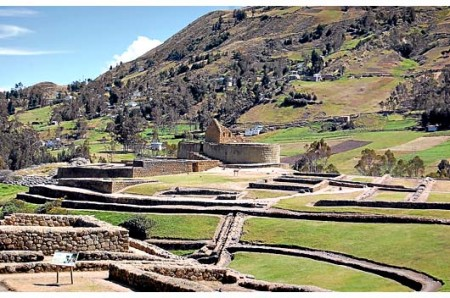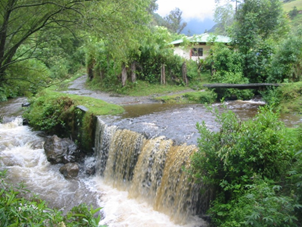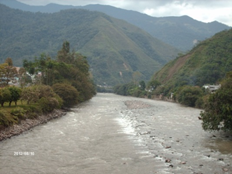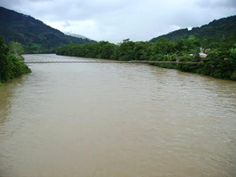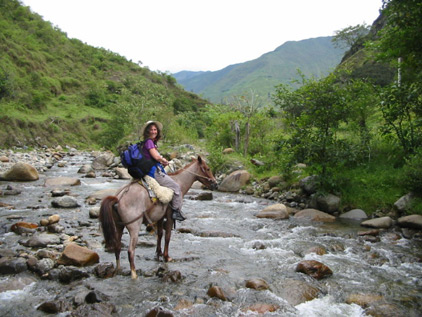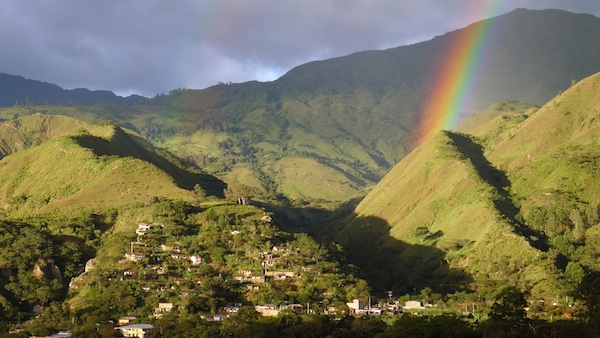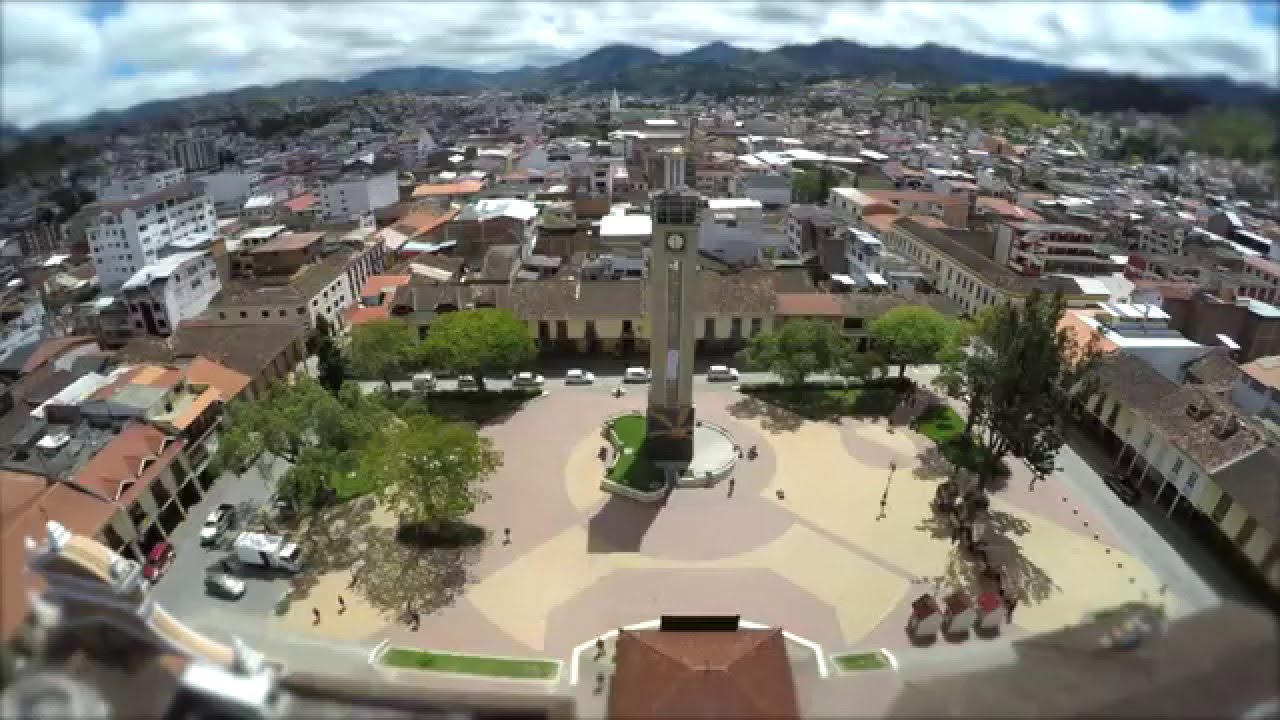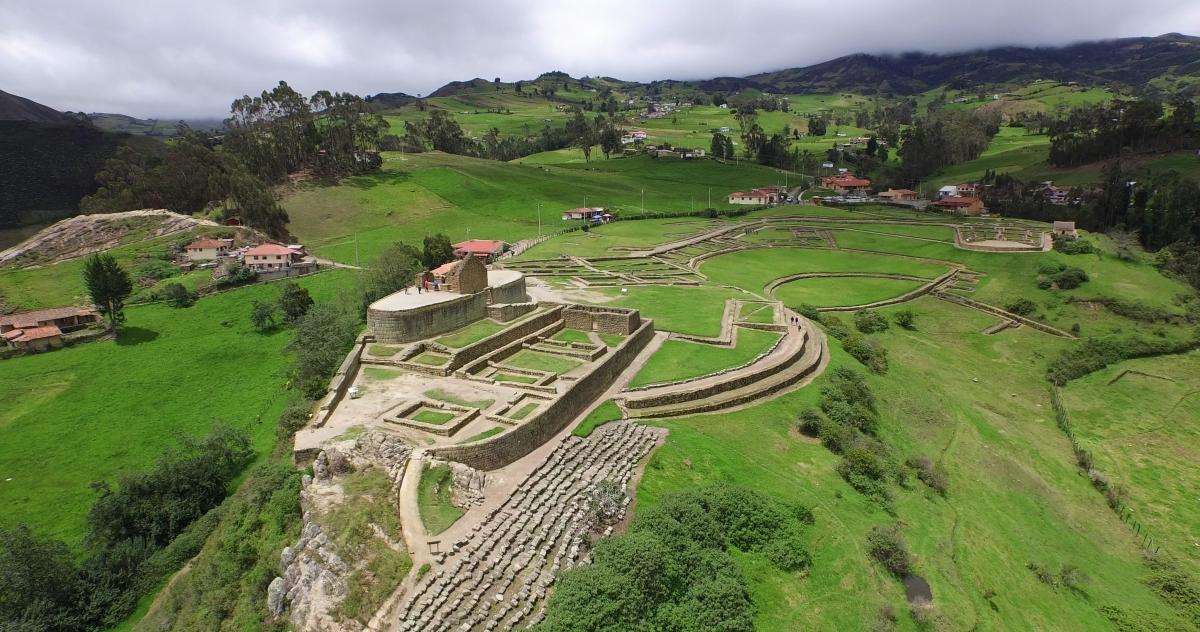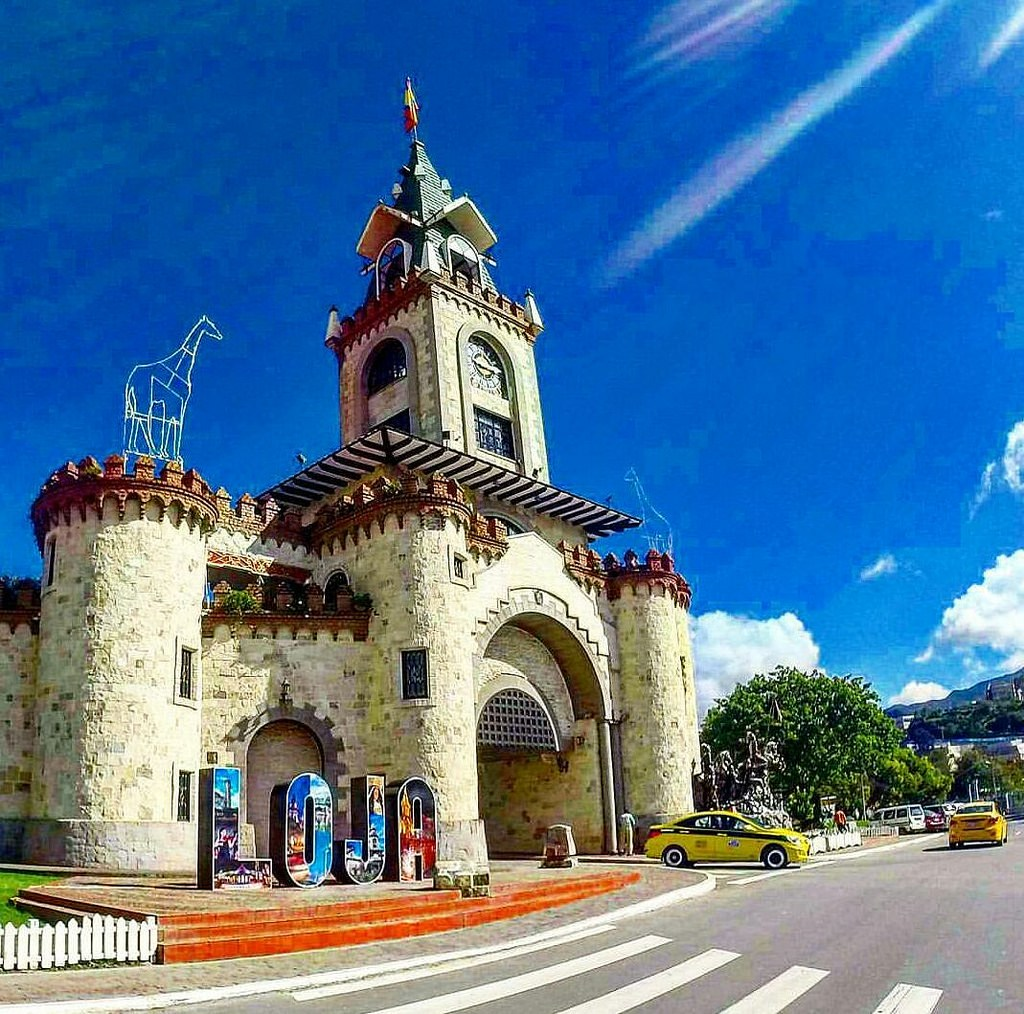Technological Institute and Research Center for the conservation of Water and Life, present and future.
Fundraising campaign by
Holger Benavides
-
US$0.00raised of $29,104,000.00 goal goal
No more donations are being accepted at this time. Please contact the campaign owner if you would like to discuss further funding opportunities
Campaign Story
Water basins warn of their imminent water instability, which is reflected in a growing torrential regime and increasingly prolonged periods of drought.
The increase of the population in Latin America and in particular in the city of Loja has caused severe changes in the environment, generates an accelerated degradation of natural resources in the watersheds that supply water to the population - which are part of the basin amazonian - and with it the demand of the water resource that exceeds the capacity of the State to satisfy them grows vertiginously, and consequently the indices of coverage in the drinking water and sanitation services are among the lowest in Latin America; In addition, there are serious seasonal energy deficits that add to conflicts over the use of water.
The inadequate management of the hydrological basins causes adverse effects in the biophysical aspects such as: loss of soil, loss of biodiversity, alteration of the runoff regime in rivers and streams, which generate large economic losses due to floods, restriction in agricultural production, diseases in humans, animals and crops, which progressively decreases the quality of life of the inhabitants of the region.
Due to such circumstances, the existence of extensive and valuable forests that expose extensive agricultural soils to erosion is threatened, and in recent times, large areas of useful land for agriculture must have been abandoned, which causes a markedly high emigration of places. that previously were considered productive.
The evidences of this situation are manifested in high rates of water pollution, very marked and increasingly long periods of drought, high rates of deforestation, accelerated erosion processes and invigoration in the regime of torrential runoff.
The hydrographic basin and particularly the water resource, plays a very important role in the participation and integration of the actors involved in the development and sustainability goals. The problem of the management of natural resources in watersheds requires an integrated system approach, which involves both the social factor, the rural and urban areas and the agent that mobilizes actions and interventions on the environment and nature.
The future role of effective and efficient use of water resources will be fundamental for the elimination of structural deficiencies in the country's economy. The high rate of population migration from our province to the capital or provinces of eastern Ecuador, product of the drought since the 70's, is an indicator that our region is one of the poorest in the country.
The interactions of the territorial system require a comprehensive and interdisciplinary vision. A basin managed does not adequately affect the cities located in it or that depend on it. The lack of water or its poor quality are fundamentally subordinated to the management of the integral water system of the source basin.
There have always been problems of contamination by agrochemicals, dumping of waste, dragging of solids and anthropic actions in general, which cause adverse environmental effects that imply a high cost of water treatment for human consumption. Likewise, the decrease in the energy productivity of hydroelectric power plants is due to the fact that in the receiving basin there have been alterations in the vegetation cover that causes a variation of the runoff regime and also an abundant sediment transport that reduces the storage capacity of reservoirs.
As an example, we note the Paute hydroelectric project, in which the exaggerated erosion of the basins or landslides produced has notably reduced the storage volume of the vessel, which has caused a considerable reduction in its useful life.
In this context, it is imperative to technically and methodologically manage natural drains, based on the proper management of watersheds, to control and reverse the degradation of natural resources through adequate decision-making at different levels of the execution of development projects urban - rural.
---
Las cuencas hídricas advierten su inminente inestabilidad hídrica, que se refleja en un creciente régimen torrencial y cada vez más prolongadas temporadas de sequía.
El aumento de la población en América Latina y en particular en la ciudad de Loja ha provocado severos cambios en el ambiente, genera una acelerada degradación de los recursos naturales en las cuencas vertientes que abastecen de agua a la población – que son parte de la cuenca amazónica – y con ello crece vertiginosamente la demanda del recurso hídrico que supera ampliamente la capacidad del Estado para satisfacerlas, y en consecuencia los índices de cobertura en los servicios de agua potable y saneamiento figuran entre los más bajos de Latinoamérica; además, existen serios déficits estacionales de energía que se suman a los conflictos por el uso del agua.
El manejo inadecuado de las cuencas hidrológicas provoca efectos adversos en los aspectos biofísicos como: pérdida de suelo, pérdida de la biodiversidad, alteración del régimen de escurrimiento en ríos y quebradas, que generan cuantiosas pérdidas económicas por inundaciones, restricción en la producción agrícola, enfermedades en seres humanos, animales y cultivos, lo cual disminuye en forma progresiva la calidad de vida de los habitantes de la región.
Por tales circunstancias se ve amenazada la existencia de amplios y valiosos bosques que exponen a la erosión extensos suelos agrícolas, y en los últimos tiempos, grandes extensiones de tierra útil para la agricultura debieron ser abandonadas, por lo que ocasiona una emigración notoriamente alta de lugares que anteriormente se consideraban productivos.
Las evidencias de esta situación se manifiestan en altos índices de contaminación de agua, muy marcadas y cada vez más largas temporadas de sequía, tasas elevadas de deforestación, acelerados procesos de erosión y vigorización en el régimen de escurrimiento torrencial.
La cuenca hidrográfica y particularmente el recurso hídrico, juega un rol muy importante en la participación e integración de los actores involucrados en el desarrollo y metas de la sustentabilidad. La problemática del manejo de los recursos naturales en cuencas hidrográficas requiere de un enfoque de sistema integrado, que involucre tanto al factor social, cuanto al medio rural como urbano y al agente que moviliza las acciones e intervenciones sobre el medio ambiente y la naturaleza.
El papel que juegue a futuro el aprovechamiento eficaz y eficiente de los recursos hídricos será fundamental para la eliminación de deficiencias estructurales de la economía del país. La alta tasa de emigración poblacional de nuestra provincia hacia la capital o provincias del oriente ecuatoriano, producto de la sequía a partir de los años 70´s, es un indicador de que nuestra región es una de las más pobres del país.
Las interacciones del sistema territorial, requieren de una visión integral e interdisciplinaria. Una cuenca manejada no adecuadamente afecta significativamente a las ciudades ubicadas en ella o que dependen de la misma. La falta de agua o su mala calidad, se supeditan fundamentalmente al manejo del sistema hídrico integral de la cuenca fuente.
Siempre han existido problemas de contaminación por agroquímicos, vertimiento de residuos, arrastre de sólidos y acciones antrópicas en general, que provocan efectos ambientales adversos que implican con un elevado costo del tratamiento del agua para el consumo humano. De igual forma, la disminución de la productividad de energía de las centrales hidroeléctricas, se debe a que en la cuenca receptora se han producido alteraciones de la cubierta vegetal que ocasiona una variación del régimen de escurrimiento y además un abundante acarreo de sedimentos que reduce la capacidad de almacenamiento de los embalses.
Como ejemplo anotamos el proyecto hidroeléctrico Paute, en el que, la exagerada erosión de las cuencas o deslaves producidos ha reducido notablemente el volumen de almacenamiento del vaso, lo que ha provocado una considerable disminución de su vida útil.
En este contexto, resulta imperioso manejar técnica y metodológicamente los drenes naturales, con base en el manejo adecuado de cuencas hidrográficas, para controlar y revertir la degradación de los recursos naturales mediante una adecuada toma de decisiones en diferentes niveles de la ejecución de proyectos de desarrollo urbano – rurales.
Rewards
A week of lodging and food at Howard Jhonson - Loja for two people (donor and his companion), including several free tours, guided and sheltered to Vilcabamba (Valley of longevity). Tourist and cultural walks through Loja, Cuenca and Cañar (includes native ancestral communities). This every four years if the donor wishes it. In addition, a laboratory room of the Research Institute will bear the name of the donor, through a permanently engraved identification plaque.
Two weeks of lodging and food at Howard Johnson - Loja for two people, including several free tours, guided and sheltered to Vilcabamba (Valley of Longevity). Tourist and cultural walks through Loja, Cuenca and Cañar (includes native ancestral communities). This every two years if the donor wishes it. In addition, a laboratory room of the Research Institute will bear the name of the donor, through a permanently engraved identification plaque.
Organizer
- Holger Benavides
- Campaign Owner
No updates for this campaign just yet


